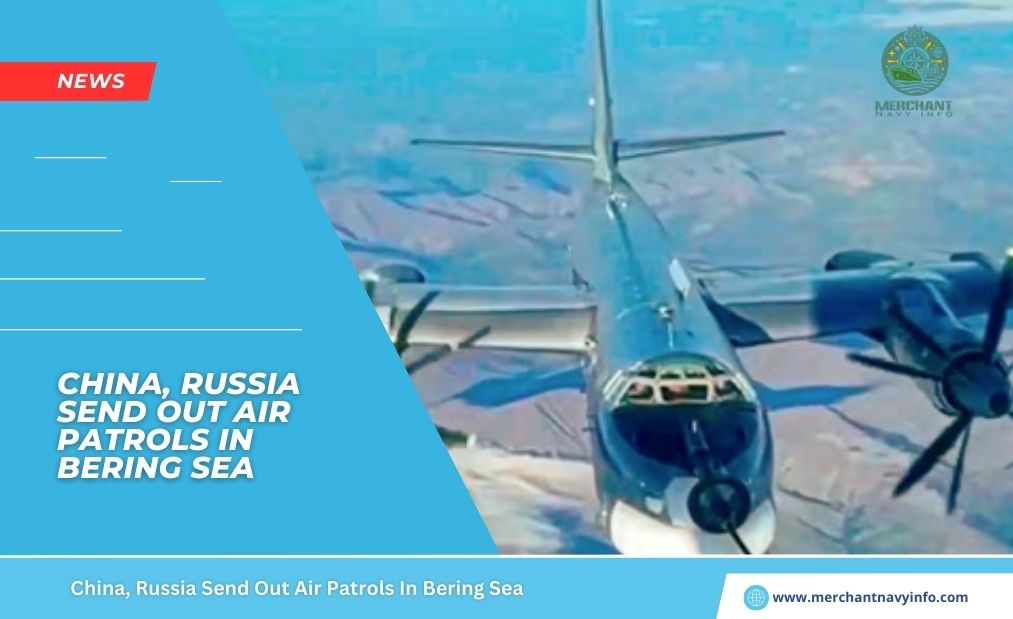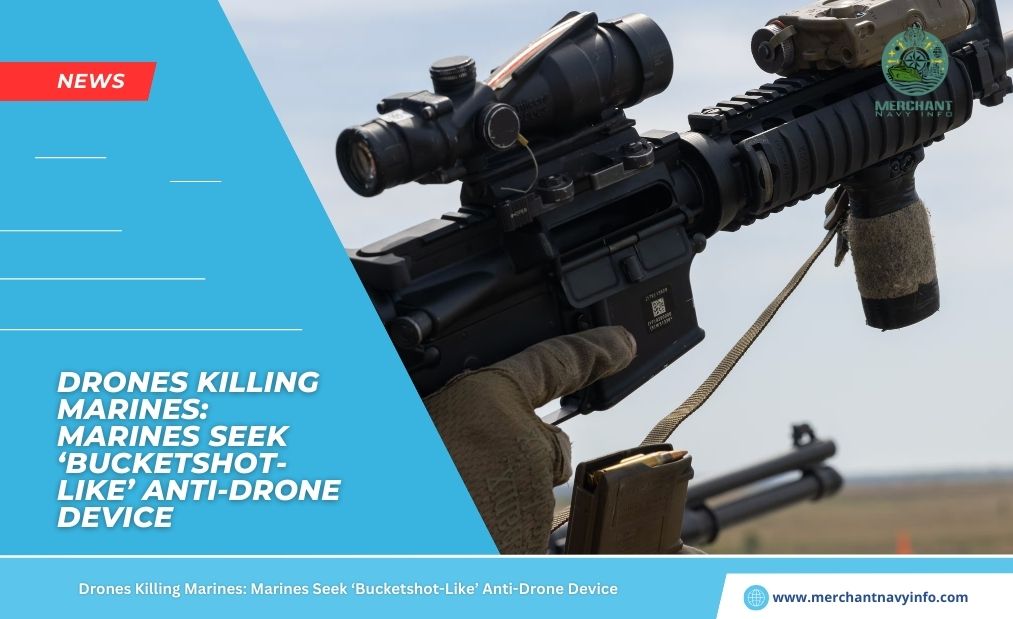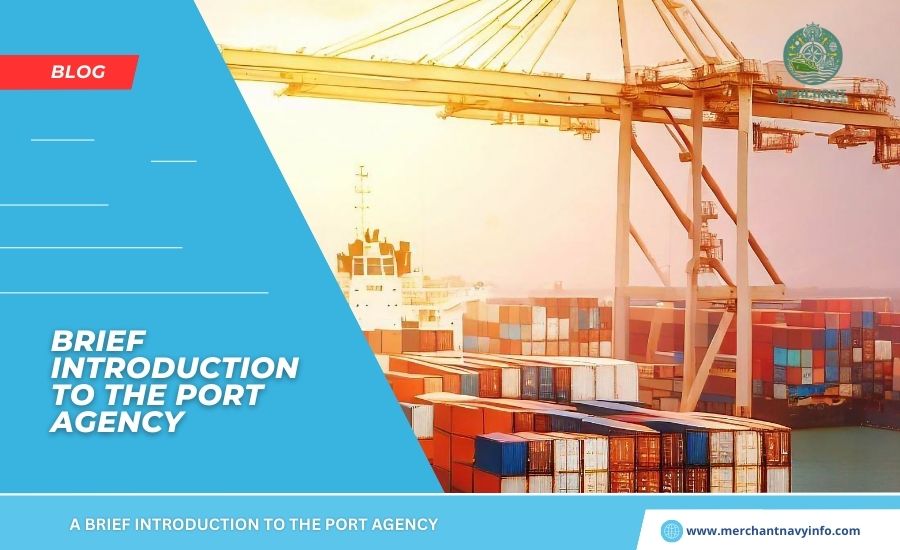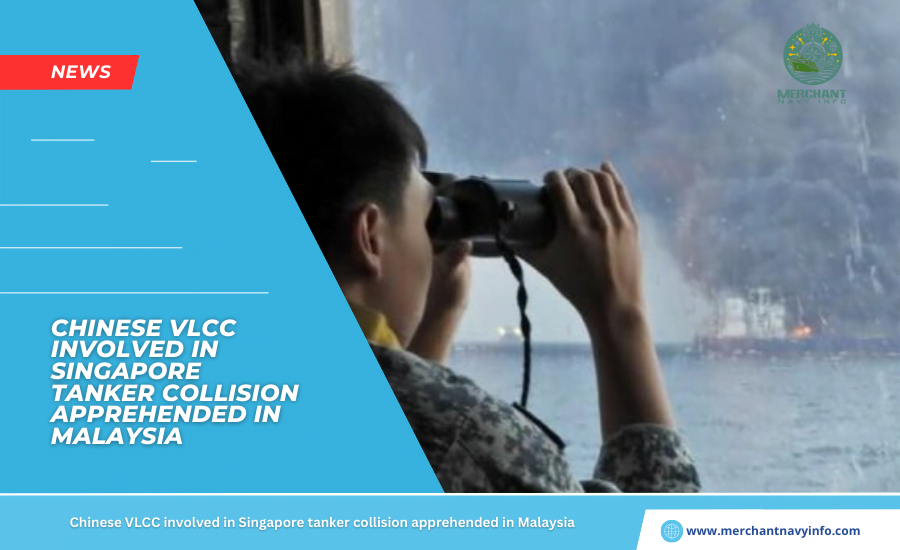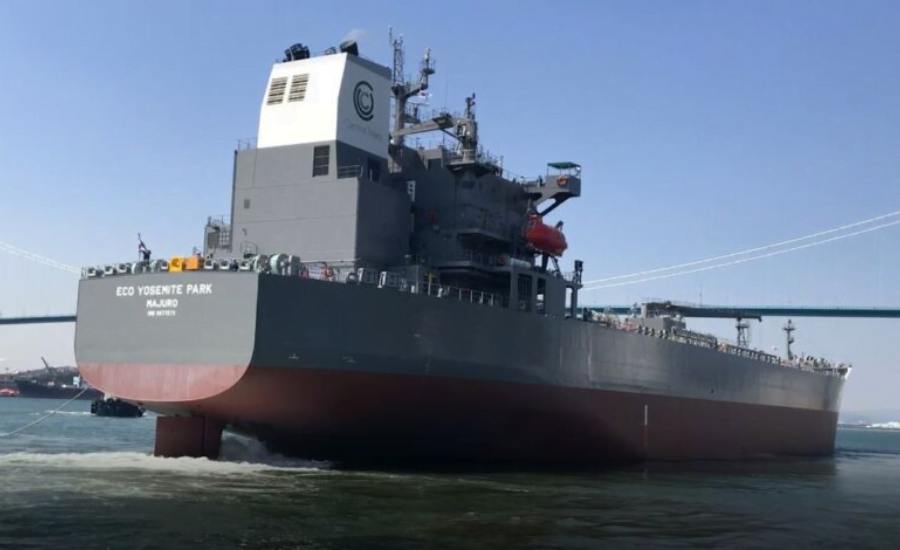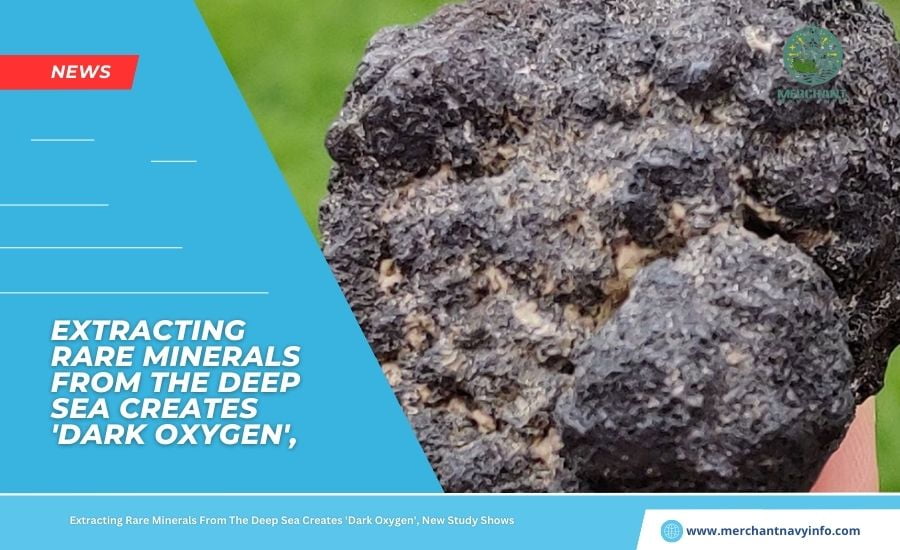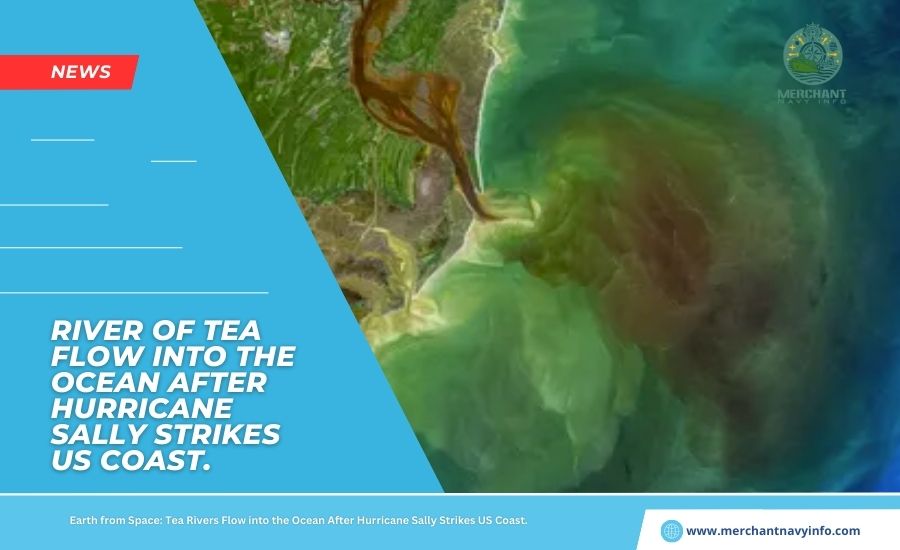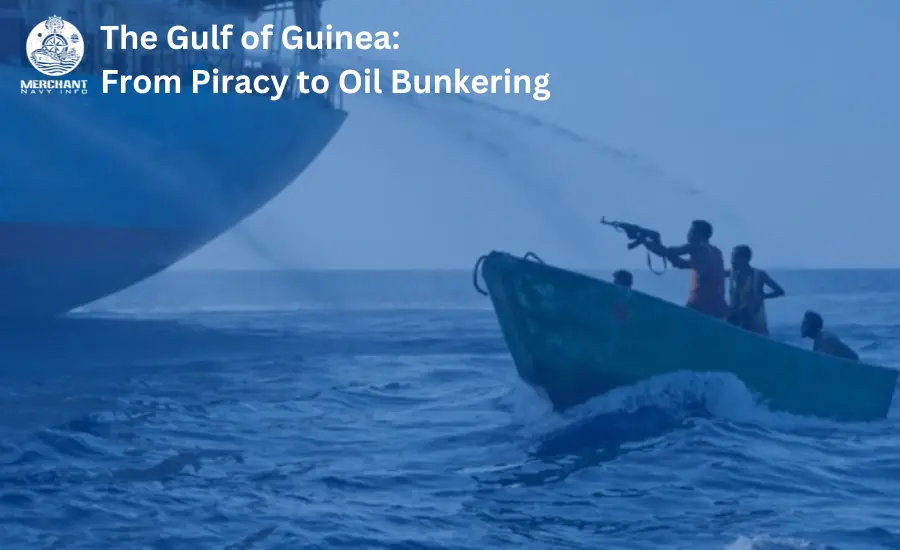
Maritime criminal attacks in the Gulf of Guinea have transformed over the last decade, shifting from piracy to oil bunkering. Several factors underpin the reduction of piracy incidents, including enhanced naval patrols and improved cooperation. Yet, illegal oil bunkering and pipeline vandalism are at an all-time high.
The Gulf of Guinea: A Strategic Area
The Gulf of Guinea’s geographical position makes it a strategic hotspot for maritime crime. Therefore, The region has overtaken the Gulf of Aden and Somalia as the major global piracy hub.
The region is richly endowed with large reserves of natural resources such as hydrocarbon, minerals and fishery resources. The Gulf of Guinea represents 25% of African maritime traffic, with nearly 20 commercial seaports.
Most importantly, the Gulf represents 60% of Africa’s oil production. Two-thirds of the reserves are concentrated within Nigeria’s exclusive economic zone. The region is home to 4.5% of worldwide proven oil reserves, 2.7% of proven natural gas reserves, and around 4% of global fish production. The Gulf of Guinea’s GDP was $866.343 billion in 2021. This represented 45% of sub-Saharan Africa’s GDP. Finally, the Gulf is the primary access to and from Africa’s first and second largest oil producers, Nigeria and Angola. Nigeria is often pictured as the centre of gravity of the region. Its oil sector accounts for 75% of the state’s revenue and 90% of its total exports.
Piracy vs. Bunkering
2.1 Piracy
Under international law, piracy “threatens maritime security by endangering the welfare of sea goers and the security of navigation and business. These criminal acts may cause the loss of life, physical harm or hostage-taking” situation. They often cause direct and indirect disruptions of commerce and navigation.
Article 101 of UNCLOS considers the following acts as piracy: “All illegal acts of violence or imprisonment, or any act of depredation, committed for private results by the crew or the passengers of a private ship alternatively a private aircraft and directed:
- On high seas, against another ship or aircraft, or against people or property on board such ship or aircraft
- Versus a ship, aircraft, people, or property in a place outside the jurisdiction of any State.”
While the definition is limited by its geographical scope, article 58(2) of UNCLOS extends piracy jurisdictions to any state’s exclusive economic zones (EEZ). Hence, acts of piracy committed on a State’s EEZ are to be treated as if committed on the high seas.
2.2 Bunkering
On the other hand, bunkering refers to acts involving oil theft. These include the diversion and smuggling of oil and unauthorized loading ships. One common process requires the tapping into an oil pipeline and the transportation of the oil elsewhere. The oil is then sold internationally or refined locally. A small group of welders often puncture the pipeline at night, establishing a tipping point from which the group can operate.
Such endeavours result in regular oil spills and explosions, leaving pipes vulnerable to leaks, spills, and major incidents.
2.3 Human, Environmental and Health Security
Nigeria has witnessed an unprecedented surge in oil bunkering. It significantly crippled the country’s oil industry. The production in August and September plummeted below one million barrels per day (bpd). This was its lowest level in decades. Similarly, pipeline leaks in Nigeria left two-thirds of the population without clean drinking water.
These concerns accentuate the already rampant amount of transnational illicit trafficking facilitated by porous borders. In Nigeria, where about 120,000 barrels of crude oil are stolen daily, fuel and crude oil theft and smuggling pose major problems. This represents nearly 6% of Nigeria’s output.
The Shift
The Gulf of Guinea has witnessed a shift in the dynamics of piracy, with criminal networks moving away from targeting commercial maritime and switching to oil bunkering. Piracy in the Gulf of Guinea emerged around 2005 when militant groups in the Niger Delta attacked oil and gas infrastructures. At that time, most incidents were classified as “boarding and robbery.” Between 2005 and 2009, only 15% of reported incidents were “kidnapping for ransom.” From 2010 to 2015, pirates mixed kidnappings and hijacking, primarily targeting tankers loaded with refined products. From 2016 to 2021, pirates altered their action patterns, shifting towards kidnapping for ransom, primarily due to the fall in oil prices. Yet, since April 2021, the number of incidents of maritime crime has dropped.
3.1 Regional and International Cooperation
This shift might be due, in part, to the implementation of the Yaoundé Code of Conduct, signed in June 2013. The code promotes information sharing and reporting. It also fosters the interception of suspicious vessels, ensuring apprehension and prosecution. Finally, it aims to harmonize regional legislation and guarantee the allocation of resources to maritime security by outlining state responsibility to patrol anchorage areas. Simultaneously, regional and international cooperation, through joint military operations, aims to deter piracy activities.
3.2 Financial incentives
Moreover, financial incentives motivate this shift. Piracy and kidnapping for ransom totalled around $4 million in 2021. On the other hand, illegal oil bunkering is a multi-billion-dollar industry.
The region’s maritime affluence attracted non-state actors lacking economic opportunities elsewhere. Regional corruption, high levels of unemployment and the lack of good governance render illicit activities such as oil bunkering more attractive.
4.1 Need for more cooperation
One of the main obstacles to the effective control of piracy in the Gulf of Guinea derives from the fact that several States in the region still need to effectively integrate the crime of piracy and its universal jurisdiction in their domestic. Less than one-third of the Gulf of Guinea countries have enacted legislation to criminalize maritime criminal activities. The full operationalization of the structures of the Yaoundé Architecture remains hampered by the lack of sufficient human, technical, logistical and financial resources.
Meanwhile, the Gulf of Guinea Commission (GGC) faced some challenges. The Commission highlighted the need for timely response to concerns raised by the Commission, the inability to hold important meetings due to lack of participation, and the lack of payment of dues as major concerns.
4.2 Need for technological developments: AI and maritime security.
Finally, the region could greatly benefit from improved technological equipment, whether vessels or maritime surveillance platforms such as drones and radars.
Artificial intelligence could also enhance maritime safety. AI could optimize business operations, detect suspicious activities, and aid infrastructure maintenance. The fast generation of insights through analyzing various variables could facilitate the fight against oil bunkering and piracy.


